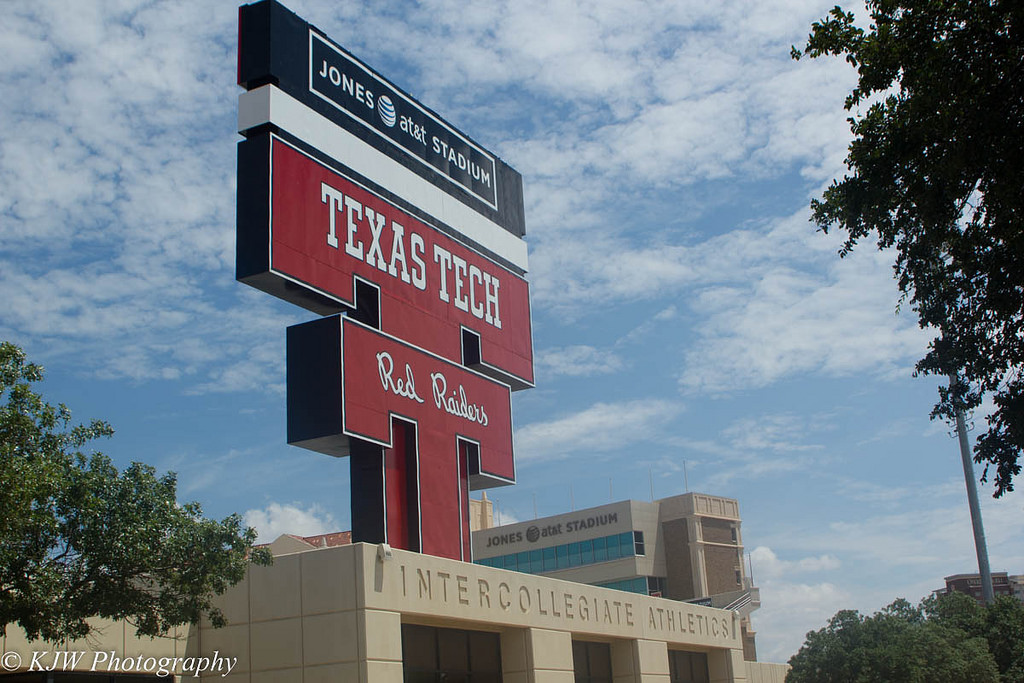MMQB’s Robert Klemko has very interesting article about the youths and careers of the 15 quarterbacks drafted this year in the NFL Draft. Klemko came up with the following:
- 13 of the 15 quarterbacks grew up in homes that were valued near or above the median home value in their respective state, according to public records and online real estate figures. Seven families lived in homes that were more than double the median values: Goff, Hackenberg, Carson Wentz, Connor Cook, Jeff Driskel, Kevin Hogan and Jake Rudock.
- 13 of the 15 quarterbacks in the 2016 draft spent their early childhoods in two-parent homes. (Of note, a majority of the 30 parents hold four-year college degrees.)
- On average, the 15 quarterbacks taken in the 2016 draft began playing the position at age 9, with only two having taken up the position in high school.
- At some point before high school graduation, with many paying significant fees or traveling great distances to do so, 12 of the 15 received varying degrees of individual instruction from a QB coach who was not a parent or a team-affiliated coach; 12 of the quarterbacks also participated in offseason 7-on-7 football during their high school careers.
Klemko is careful to note that these things aren’t absolutes as there are outliers on either side of the coin. The one thing that really caught my attention and something that I never connected was the connection between status and playing quarterback, but it makes complete sense. As Klemko notes, there are outliers among those drafted in 2016, Cardale Jones didn’t have those “things” available to him as a quarterback in high school, the camps and the quarterback guru, but he did have a hell of an arm.
And it does make you think that of all of the positions, the more time that you can spend processing information, perhaps like any other profession, the more proficient you’ll be as a quarterback. You’ll see more on the field, make better decisions (at least in theory) and be more advanced as a signal caller than someone that doesn’t have those advantages.
The two items that caught my eye was the third and fourth points, something that we’ve confirmed that Mahomes didn’t have really at all. USA Today’s Paul Myerberg had profiled Mahomes last football season:
Football wasn’t his first love, and certainly isn’t in his blood. Mahomes’ father, Pat, played Major League Baseball for more than a decade, passing along athletic genes and an affinity for line drives and fastballs. Rest assured: Mahomes is the first Texas Tech quarterback to have been taught the art of hitting by Alex Rodriguez, or to have shagged fly balls from Robin Ventura during batting practice. “I’m glad he picked football,” offensive tackle Le’Raven Clark said.
In an era when personalized quarterback development has become commonplace, Mahomes never had a private coach and never attended the quarterback-only camps that have become a ubiquitous part of a recruit’s offseason schedule. He didn’t play football until middle school, then as a safety, and didn’t take over at quarterback until the third game of his junior year.
If I had to guess, I’d guess that Mahomes wasn’t traveling with football, but I’d guess that he spent his summers playing the heck out of summer league baseball. I’d also guess that growing up for Mahomes, baseball was on top of his list because of his father played baseball. Of course, he’d have to find time to play baseball while he’s dropping dimes, stealing passes, and finding all sorts of ways to score playing basketball (make sure and stick around for the pass at 3:30).
Seriously, those hands during those steals and his anticipation are things of beauty.
Without question, Mahomes truly does break the mold of what is expected of a quarterback and how much time it’s “supposed” to take to become truly proficient. Mahomes has reached that mark, plus some, really just on natural athletic ability and that intangible thing that I never had as an athlete, but Mahomes has “it” in spades.
So, what does this mean for Mahomes? I think it means that Mahomes is defying the odds. Only playing quarterback since his junior year, not really participating in the 7-on-7 tournaments or going across the country to be seen (not that there’s anything wrong with that) as a prospect.
What mold did Mahomes breaK? Unlike Connor Cook, I don’t know that Mahomes had unlimited resources (despite teh MLB career, I don’t get the impression that Mahomes or his family didn’t have work to get where they are). Unlike Cardale Jones, Mahomes didn’t bounce around from team to team as a high schooler and didn’t have to overcome that or poor grades to get into a program. It’s not mentioned in the Klemko article, but unlike Carson Wentz, there was no significant growth spurt or an injury that prevent him from being “seen” by college programs. Unlike a lot of quarterbacks, Mahomes didn’t invest in being a quarterback probably until the summer of his junior year, when a lot of recruiting is nearly done.
As Klemko notes, playing quarterback is normally something that is for a select few, who have significant resources and have dedicated the better part of their lives to playing the position:
Today, playing quarterback is a meritocracy within an aristocracy unlike any other position in football. NFL locker rooms are stocked with legacies of broken homes and rags-to-riches stories, and of athletes who discovered the game late and blossomed into pros. Such tales are rarely if ever told in the QB room. The amount of nuance involved in learning the position, the resources required, and the cachet associated with the word quarterback all but demands it.
I don’t think that’s Mahomes, which is pretty special that he’s where he’s at purely from an ability standpoint. Also, the fact that he’s able to see as much as he sees on the field is pretty remarkable as well. I’d also add that if you’re an NFL team and you’re drafting a quarterback, it seems like you’d bet the farm on Mahomes, mostly because he’s really just scratched the surface and his rate of acceleration is pretty remarkable.









